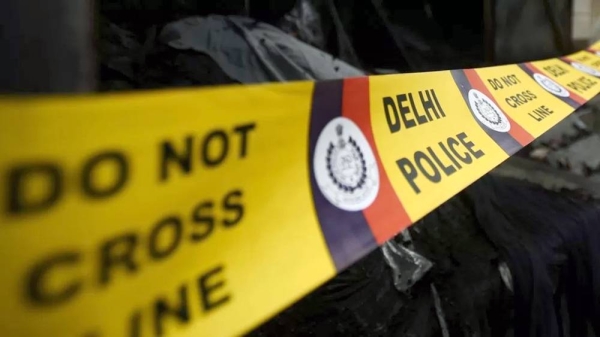
One paradox of the Indian government decision to revoke Kashmir’s statehood is the silence of the Kashmiris themselves — a muted response that stands in stark contrast to the jubilation of the ruling BJP in New Delhi.
Evidently, few in Srinagar and the Kashmir Valley share Prime Minister Narendra Modi’s belief that the ending of what was a “temporary” constitutional provision will create a surge of development in the newly constituted union territory, leading to industrial investment and the opening of hospitals, schools, and technological and business management institutes.
Instead, ordinary Kashmiris are dismayed at the lockdown that has been imposed on them with the deployment of up to half a million security personnel, and the arrest of two former chief ministers, Mehbooba Mufti and Omar Abdullah, along with about 300 other politicians.
The clampdown has been accompanied by the shutting down of the Internet and restrictions on phone communications, leaving Kashmiris all but isolated.
The government’s argument that the lockdown was necessary as a precautionary measure is understandable in a region that has suffered from terrorism.
But unless some of the restrictions are lifted, and the numbers of military and paramilitary personnel reduced, allowing a sense of normality to return, there will be no way to assess the impact of the dramatic legislative step on Kashmir’s population.
The first evidence of how ordinary Kashmiris are feeling will be seen when they come out for Friday prayers and then celebrate Eid two days later.
Tensions will be high over the coming weekend with both the populace and the “guardians” of law and order worried over the possibility of disturbances.
The view that anger and alienation among Kashmir’s youth may intensify over the Indian government’s move is a particular cause for concern.
For Kashmiris, Article 370 defined the terms under which the former “princely state” joined India at the time of independence in 1947. The belief in those days was that except for defense, finance and communications, Kashmir would be autonomous with its own constitution, flag and prime minister.
However, Syama Prasad Mookerjee, founder of Jan Sangh — a forerunner of the BJP — opposed this idea and started a movement under the slogan “one constitution, one flag, one leader.”
Since Mookerjee’s death in 1953 in detention in Kashmir, the Jan Sangh and, later, the BJP have waged a campaign against Article 370, claiming it prevented Kashmir’s integration with the rest of the country, thereby arousing separatist sentiments.
According to the BJP, if “secular” parties, including Congress, failed to think along similar lines, it was because of their attempts to appease Muslims. However, Kashmir’s autonomy was reduced and New Delhi’s authority expanded even during the period when Congress was in power.
The growing restrictions on Kashmir"s powers, together with the prevailing corruption and the rigging of elections, increased disaffection among the youth, although Congress maintained that its call for “azadi,” or liberty, referred to autonomy, not independence.
Now, following the elimination of Article 370, it has to be seen what such a slogan signifies. In any event, it is clear that the Modi government must increase its efforts if it has any intention of winning the hearts and minds of Kashmiris.
Notwithstanding Kashmir’s uncertain future, the BJP is sitting pretty in the rest of India, where the prime minister’s macho image has been reinforced as it was at the time of “surgical strikes” by the Indian air force on a terrorist camp in Balakot in Pakistan in February.
The BJP has also succeeded in enlisting support for its “surgical strike” on Article 370 from several parties, although the Congress has described the move as a violation of the constitution.
As in February, the BJP’s nationalistic pitch has helped the party. But, ultimately, it will be the response of the Kashmiris when they are able to come out on the streets that will decide the issue.
Amulya Ganguli is a New Delhi-based writer who focuses on current affairs.










